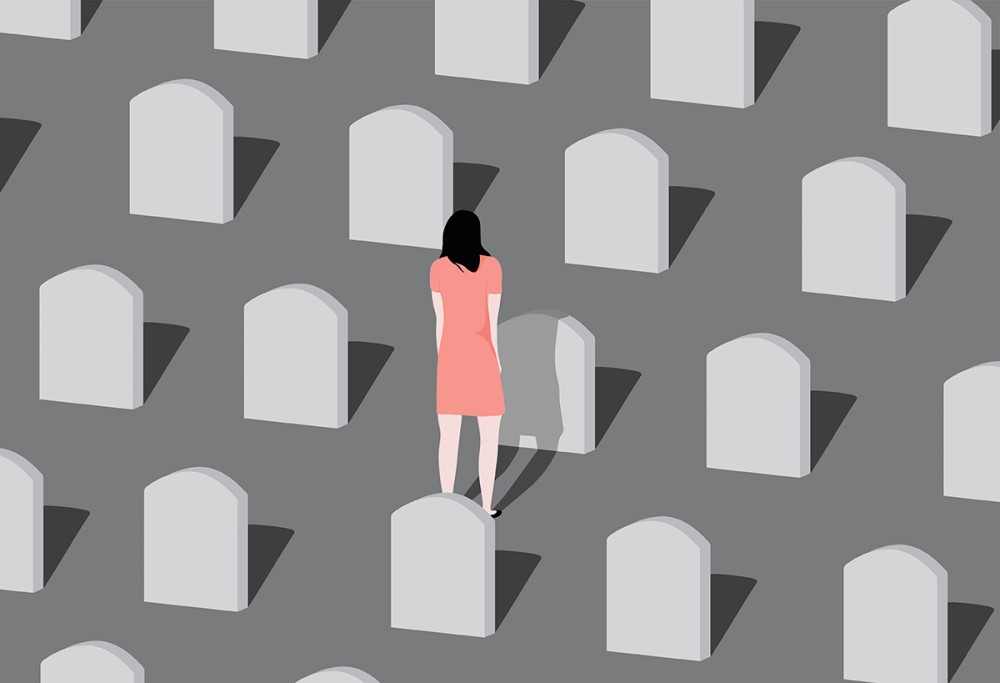My dad died from COVID-19. My grief is a lonely one.
I’m the only person he loved the way he loved me.

In a voice message from my dad that I saved on my phone, he tells me what I need to do: “Just hang in there. Do what you’re supposed to do. Rest. All that other stuff. Drink fluids. Sleep, sleep, sleep. Love you. Bye.” The message is 15 seconds long. I received it a few years ago while I was sick with the flu.
When I listen to this message, I hear my dad’s accent, formed by his Detroit childhood and his Deep South adulthood. I hear the humor and lightheartedness that could make me smile even while I was ill. I see him in the cozy recliner in a corner of his den, rocking gently, one or two dogs on his lap, his 65-inch TV on but muted.
My dad didn’t leave this message because he thought I needed him to tell me what to do. He just wanted me to know he was thinking about me. That’s what he did: he thought about me. He thought about me often.




